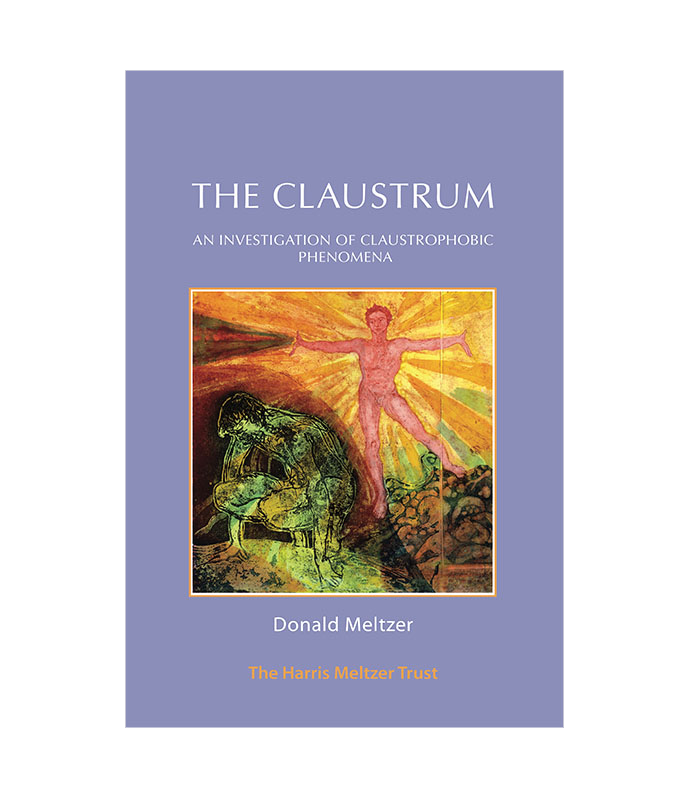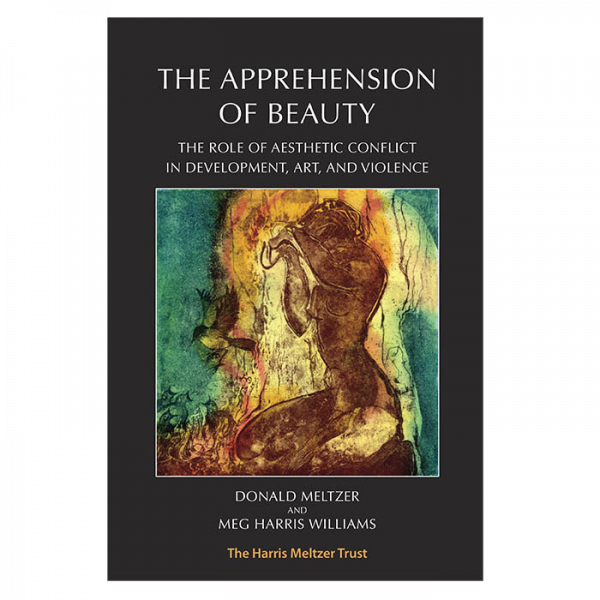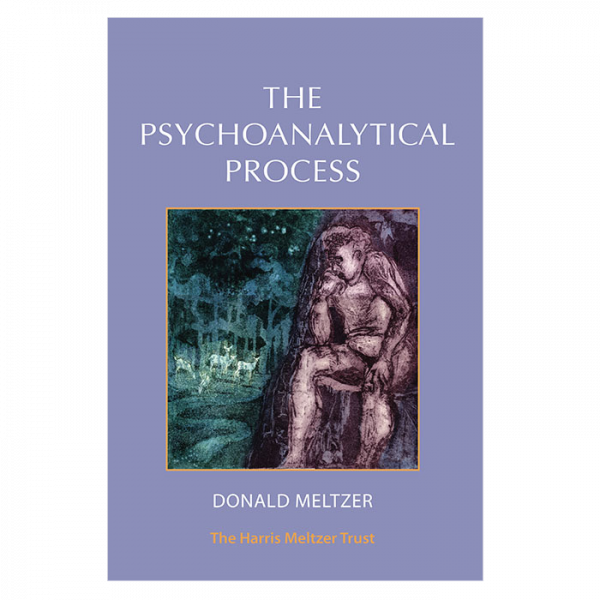Using the Kleinian concept of projective identification, with special reference to intrusive identification with internal objects, this work examines claustrophobic phenomena and their relation to the treatment of borderline and adolescent patients. Founding his theory as always on clinical discoveries, Meltzer discovered that not only the uterus, but also other spaces of the internal mother figure, are susceptible to becoming a “maternal claustrum”, each giving rise to distinct pathologies that pre-empt the patient establishing a true relationship with either himself or others. The book pairs with The Apprehension of Beauty as a radical post-Kleinian revision of psychoanalytic theory, and concludes with a literary study of Macbeth by Meg Harris Williams illustrating the distinction between the equivocation of the Claustrum and the ambiguity of poetry.





Rebeca Grinberg, training analyst and child analyst, Asociación Psicoanalitica de Madrid, IPA –
‘It is impressive how much Meltzer extended and enriched Melanie Klein’s concepts in “The Claustrum”. He considers the claustrum-dweller’s projective identification into an internal object to be not “massive” (a quantitative concept), but rather, “intrusive” (a qualitative concept), hence its malignancy. He also discovered that not only the uterus, but also other spaces of the internal mother figure, are susceptible to becoming a “maternal claustrum”, each giving rise to distinct pathologies.’
Lennart Ramberg, training analyst, Swedish Psychoanalytical Association, IPA and IFPS –
‘In this book Meltzer both develops and brings into direct clinical use the later aesthetic viewpoint of Bion, in a radical post-Kleinian and, I would say, systems-oriented understanding of severe personality disorders, more illuminating than life and death instincts at work. Meltzer shows that however dynamic a person’s life may seem to be, his inner world may be dominated by stagnant, narcissistic, closed systems with no vital interchange. No real commitment to others and no true relation to his inner self will then be permitted, and his inner life will eventually disintegrate if he does not change. In a clear-cut but not simplistic way Meltzer shows how to identify these patterns, and the omnipotence and claustrophobic fears that accompany them.’
Jon Morgan Stokkeland, Stavanger, Norway, and Lars Thorgaard, Aarhus, Denmark; adult psychotherapists and psychiatrists –
‘Perhaps it can be seen as a diptych together with “The Apprehension of Beauty”. For the claustrum dweller in intrusive identification, no freedom is given to the object and so the riches and beauty of the host turn sour…the claustrum in its deepest unconscious mentality is a world of misconceptions, misrepresentations, failed recognition and delusion.’
Tomas Plaenkers, training analyst, Sigmund Freud Institut, Frankfurt –
‘Living unconsciously in head/breast-, genital- or anal compartments has severe psychopathological consequences. Meltzer’s investigations in these narcissistic worlds profoundly enlarge our understanding of schizophrenia, borderline states, perversions, addictions and claustrophobic phenomena.’
Katherine Arnold, child and adult psychotherapist, UK –
‘I find this a wonderful book. Meltzer has a light touch in talking about very serious problems of mental growth, without belittling them. He also gives a picture, with tenderness and his ever-present wry humour, of how we can find something better, more alive for ourselves and for our patients. His work is inspirational for students and experienced practitioners alike.’